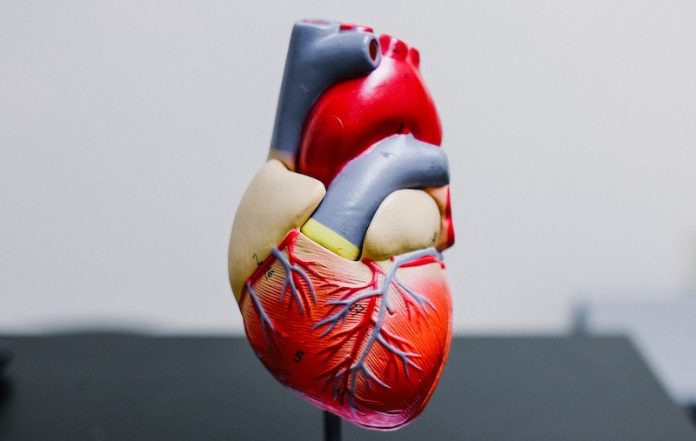
Scientists from the Victor Chang Cardiac Research Institute have found a new way to detect if people are carrying genetic mutations that cause sudden cardiac arrest—a condition that kills 9 out of 10 victims.
They have developed a new electrical test that can screen hundreds of gene mutations to pinpoint the exact mutations that are harmful to the heart for those suffering from inherited heart disorders syndromes, which can cause sudden death.
The research is published in the American Journal of Human Genetics and was conducted by Professor Jamie Vandenberg et al.
In the first study, the team developed a fast and accurate electrical test that assesses variants in an ion channel gene that causes an inherited heart arrhythmia condition called Long QT syndrome type 2.
They’re now classifying all known variants in this gene to determine which are benign and which are dangerous and will be uploading the findings to a giant genetic database that will be accessible to clinicians the world over.
The test they have developed can easily be adapted to test other ion channel genes—not just ones associated with sudden cardiac arrest but a wide range of other diseases spanning neurological, kidney, and muscle disorders.
In the second study, the team developed a new method based on high throughput genome sequencing technology.
This will enable them to assess the impact of every possible missense variant in KCNH2, which amounts to approximately 22,000 variants, within one to two years.
The breakthrough is a giant step forward in the accuracy and precision of genetic testing that has profound implications for not only inherited heart disorders but a wide range of neurological conditions, and muscle and kidney diseases.
The team says that being able to identify these dangerous mutations will prevent people from dying from sudden cardiac arrest and ensure more people are treated for this life-threatening disorder.
If you care about heart disease, please read studies about a big cause of heart failure, and this antioxidant drug could protect against stroke and heart attack.
For more information about heart health, please see recent studies about a new way to repair human heart, and results showing drinking coffee may help reduce heart failure risk.
Copyright © 2022 Knowridge Science Report. All rights reserved.



